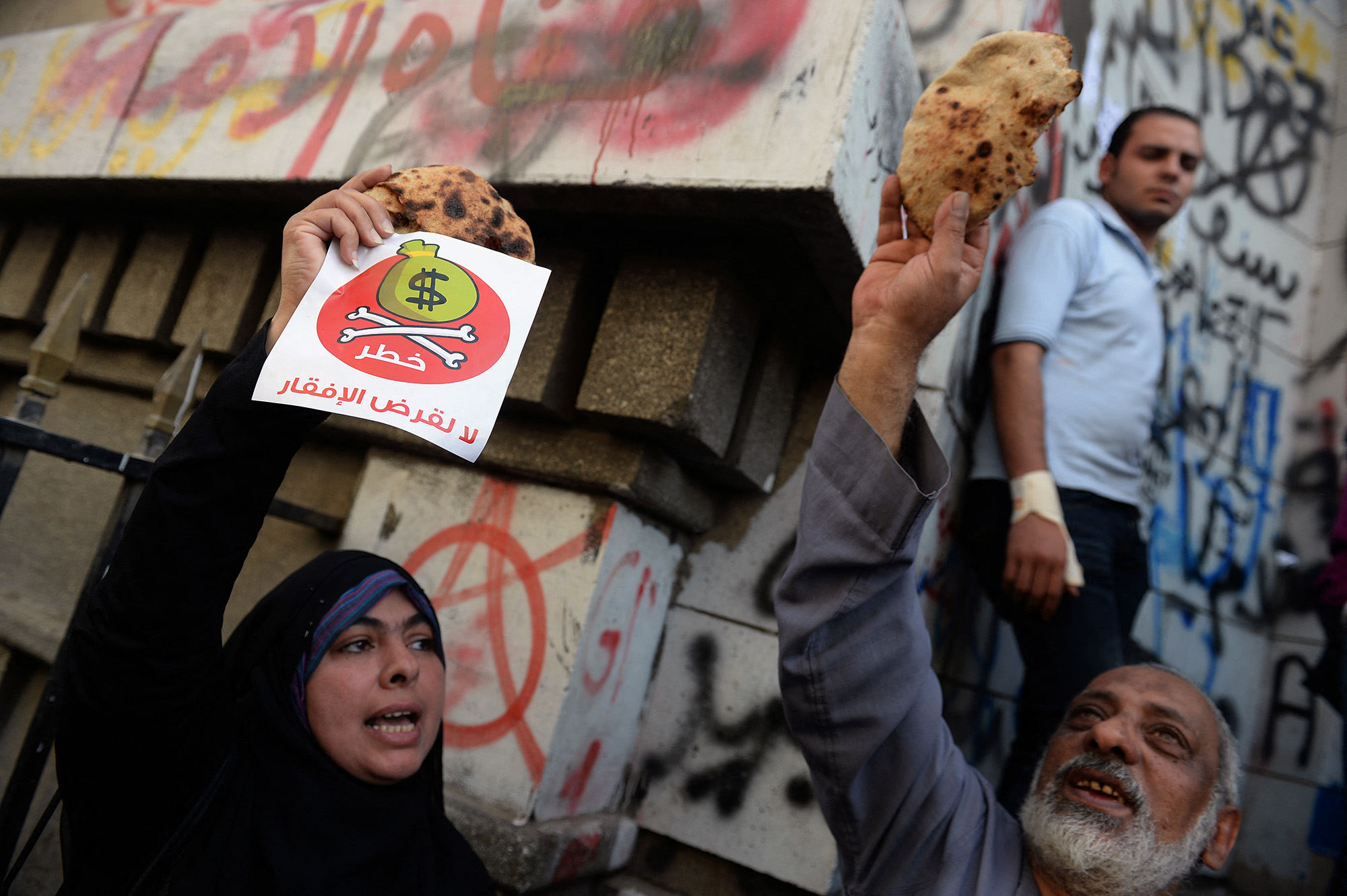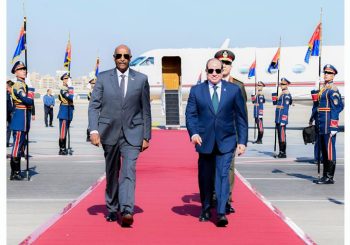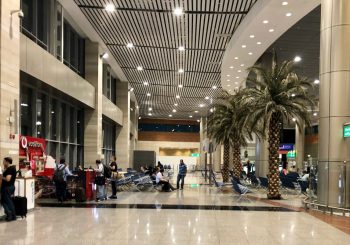A combination of soaring commodity and energy prices coupled with an ongoing onslaught of global monetary tightening has added immense pressure on Egypt’s economy. One of the Middle East’s most indebted nations, Egypt, has sought the help of international economic institutions and regional partners to alleviate pressures and instigate rapid economic productivity.
However, this ever-increasing dependency on foreign economic assistance has left the country debt-ridden, knee-deep in austerity measures with little signs of enhanced economic growth.
According to Timothy Kaldas, a leading Policy Fellow at The Tahrir Institute for Middle East Policy, although “debt levels remain manageable as a percentage of gross domestic product (GDP), the issue is, to date, the state has failed to adequately increase revenue and will continue to depend on debt financed growth to sustain itself and its ambitions.”
Egypt’s fiscal policies have accrued high public debt, continued to implement poorly targeted subsidies, resulted in an over-reliance on food imports and an overvalued currency. The amalgamation of these economic pressures have pushed the country to consider one loan agreement after the other.
Crisis in Ukraine has also triggered massive global supply chain disruptions, and an unprecedented rise in inflation rates severely impacting both Egyptian food security and economic stability. Egypt’s Minister of Finance, Mohamed Maait, has confirmed that several fiscal mechanisms will be adopted to protect wheat supplies and the economy from repercussions brought on by the Russia-Ukraine war.
Maait was quick to highlight that Egypt’s stable economic performance would allow it to endure recurring global economic downturn and crisis. He stated that “despite all the challenges that the global economy is experiencing […] the indicators of the financial performance during the first half of this fiscal year are reassuring”
However, the world’s largest wheat importer, Egypt will see “reduced tourism inflows, higher food prices and greater financing challenges,” Fitch Ratings have confirmed earlier this month.
Egypt’s Central Bank has responded to increased inflationary pressures by raising its key interest rate for the first time since 2017. James Swanston, an economist with the Capital Economics Research Firm, believes that these fiscal policies could be a precursor to securing a new financing package from the International Monetary Fund (IMF).
Cairo’s urgency to secure economic support is reportedly becoming more vital than ever. The country’s reliance on debt-financed growth is becoming further entrenched into its macroeconomic policies.
Although, the debt owed to Gulf States and to the IMF is low interest, much of the new debt raised from the private sector is at much higher interest rates, more than triple the rate of GDP growth, one bound to stifle domestic economic productivity.
In light of escalating international economic pressures, Cairo needs to pursue fiscal policies that lessen dependence on debt financed growth and commit to comprehensive structural reforms to help foster private sector development.
Egypt has been a favourite for overseas portfolio investors, who have contributed heavily into the local debt market. These high influxes have created an important buffer during the pandemic as international tourism receipts declined abruptly.
In 2020, Egypt was able to secure a USD 5.2 billion (EGP 97.4 billion) stand-by arrangement as well as USD 2.8 billion (EGP 51 billion), under the IMF’s Rapid Financing Instrument, further aiding authorities in tackling the impacts of the COVID-19 pandemic.
However, the cost of Cairo’s ever-growing embrace of debt-funded growth and austerity measures continues to take a heavy toll on poor and middle-class Egyptians who have sacrificed purchasing power and government subsidies with the promise of economic prosperity that has yet to materialise.







Comment (1)
[…] over-reliance on debt-funded growth, and poorly targeted government subsidies have brought about harsh economic conditions upon Egypt’s lower and middle classes. Cairo has continued to […]